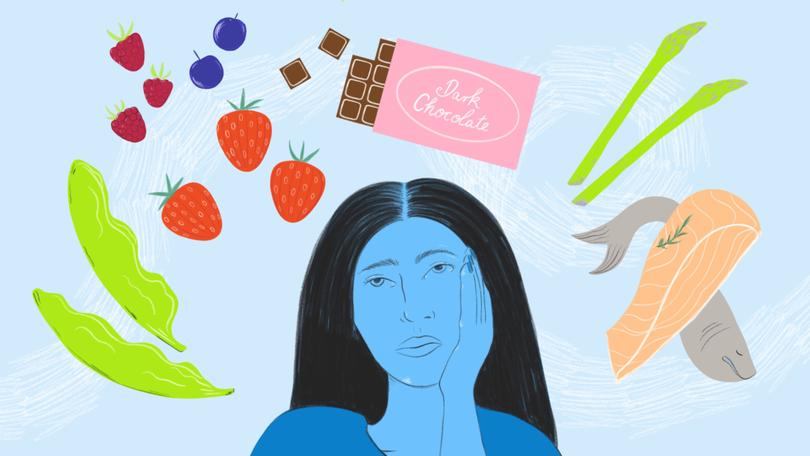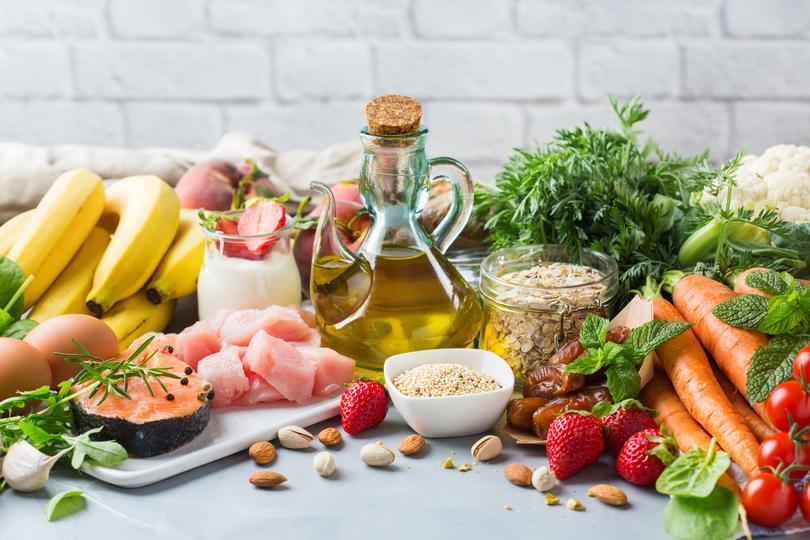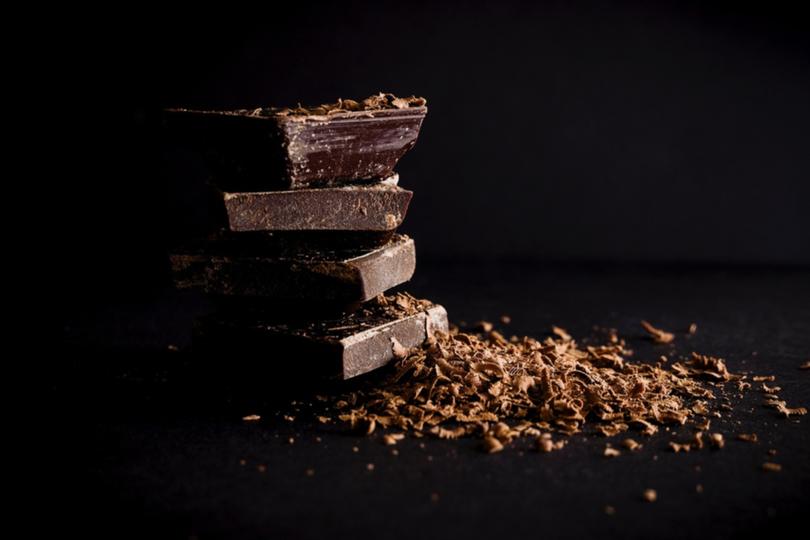SARAH DI LORENZO: What are the best foods to combat stress: From breakfast to dessert, the savoury and sweet
SARAH DI LORENZO: The key when it comes to managing stress is to take good care of yourself. Include healthy nutrient dense meals to support your body, building up strength and increasing resilience.

Stress impacts us in different ways. It can be caused by deadlines, traffic, poor sleep, finances, emotion, divorce, death, parenting, poor nutrition, burning the candle at both ends, too much alcohol and being disorganised.
The most stressed age group in Australia is between the ages of 16 and 34 years at 20 per cent, double the stress of the 65-85 age group. It’s estimated women have more stress than men, about 19 per cent compared to 12 per cent.
A little bit of stress can be helpful. It can tell us to slow down. But prolonged chronic stress has consequences on our health, especially our hearts. Chronic stress will increase our body’s metabolic needs, increasing nutrient requirements and exacerbating deficiencies that could already exist.
Sign up to The Nightly's newsletters.
Get the first look at the digital newspaper, curated daily stories and breaking headlines delivered to your inbox.
By continuing you agree to our Terms and Privacy Policy.This includes heartburn, high blood pressure, high blood sugar, stomach aches, lower sex drive, insomnia, rapid heartbeat, infertility, muscle cramping and depression. Long-term consequences are obesity, heart disease, mental health disorders and type 2 diabetes.

So how can what we eat impact our stress response? When most people are stressed they reach for easy meals, processed foods, sugary drinks and fatty cheap snacks. Plus caffeine and alcohol are go-tos for so many. But all of these foods lead to inflammation making the stress a whole lot worse to cope with
Drinking alcohol after a stressful day can become a vicious and short-sighted cycle. While alcohol initially is escapism and you can fall asleep quickly, it is a depressant, disturbing sleep throughout the night, dehydrating you and you’ll wake up tired, depressed, puffy and anxious.
So the key when it comes to managing stress is to take good care of yourself. Include healthy nutrient dense meals to support your body, building up strength and increasing resilience. Make a meal plan and do your shopping and have healthy snacks handy.
The best foods to combat stress less include those that are antioxidant-rich, anti-inflammatory, low-glycemic, satiating and are real whole foods.

Try these:
Oats are a complex carbohydrate that will keep blood sugar stable and reduce stress by releasing serotonin that relaxes us.
Asparagus is high in iron and folate, plus is excellent for mood.
Fatty fish such as tuna and salmon are excellent sources of omega 3, helping manage stress and regulating adrenaline.
Berries are a good source of fibre and are loaded with antioxidants supporting brain health, blood pressure plus cognition.
Oysters are full of B vitamins so are excellent for energy, stabilising mood, and lowering anxiety and depression plus are a good source of magnesium that helps us feel relaxed.
Dark chocolate will give a dopamine hit and lower cortisol, plus it has antioxidants, lowering the risk of heart disease. Aim for 70 per cent and above and keep to the serving size of four squares per day.

Chamomile tea contains relaxing properties and is perfect for the end of a stressful day.
Leafy greens are an excellent source of magnesium, plus fibre to support gut health.
Fermented foods such as kimchi, sauerkraut, tofu, tempeh, kombucha, yoghurt and miso are all food for gut health. Our gut contains bacteria that are directly linked to our mental health.
Stress is inevitable in life but by taking care of yourself, eating well, sleeping well, staying hydrated, positive thinking and minimising alcohol, your ability to cope will be so much better.

